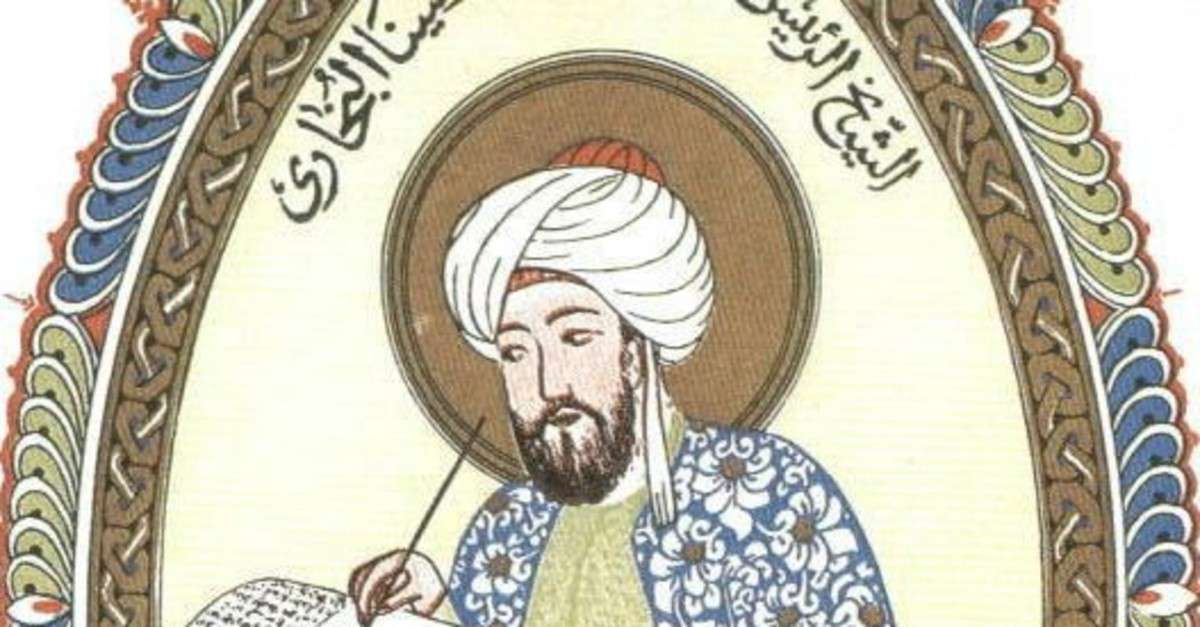
In the early 11th
century, in the city of Bukhara, which is now part of Uzbekistan, a child
prodigy named Ibn Sina was born. He would go on to become one of the most
brilliant scholars in history, making groundbreaking contributions to various
fields of knowledge and earning the title “The Prince of Physicians.”
From a very young
age, Ibn Sina displayed an insatiable curiosity and an extraordinary aptitude
for learning. He began studying the Quran and other religious texts with his
father, who recognized his son’s exceptional intellect. At just the age of 10,
Ibn Sina had already mastered many subjects and was known for his remarkable
memory.
One of his earliest
interests was medicine, and he eagerly delved into the study of medical texts.
He was so dedicated to his studies that he would often stay up late into the
night, absorbing the knowledge of ancient Greek, Roman, and Persian physicians.
His passion for medicine was matched only by his enthusiasm for philosophy and the
natural sciences.
Ibn Sina’s thirst
for knowledge led him to write his first book at the age of 16, titled
“Kitab al-Shifa” or “The Book of Healing.” This monumental
work covered a wide range of topics, including philosophy, medicine,
mathematics, and astronomy. It showcased his deep understanding of these
subjects and established him as a scholar of immense intellect.
His most famous
work, “Al-Qanun fi al-Tibb” or “The Canon of Medicine,”
became one of the most influential medical texts in history. It was used as a
standard medical textbook in Europe and the Islamic world for centuries. In it,
Ibn Sina organized medical knowledge systematically, providing a comprehensive
guide to the practice of medicine.
Ibn Sina’s
contributions extended beyond medicine. He made significant advancements in
philosophy, astronomy, mathematics, and chemistry. His works laid the
foundation for later scholars and played a crucial role in the development of
the scientific method.
Throughout his
life, Ibn Sina faced challenges, including political instability and periods of
exile. Yet, his dedication to scholarship never wavered. He continued to write,
teach, and contribute to the world of knowledge until his passing.
Ibn Sina’s legacy
endures today as a testament to the power of the human mind and the pursuit of
knowledge. His life serves as an inspiration for young scholars and a reminder
that age should never be a barrier to intellectual achievement. Ibn Sina’s
contributions to medicine and philosophy continue to be celebrated, and he
remains a symbol of the enduring quest for understanding and discovery.
Listen to the Best Islamic Content on Rabt
Download Now
